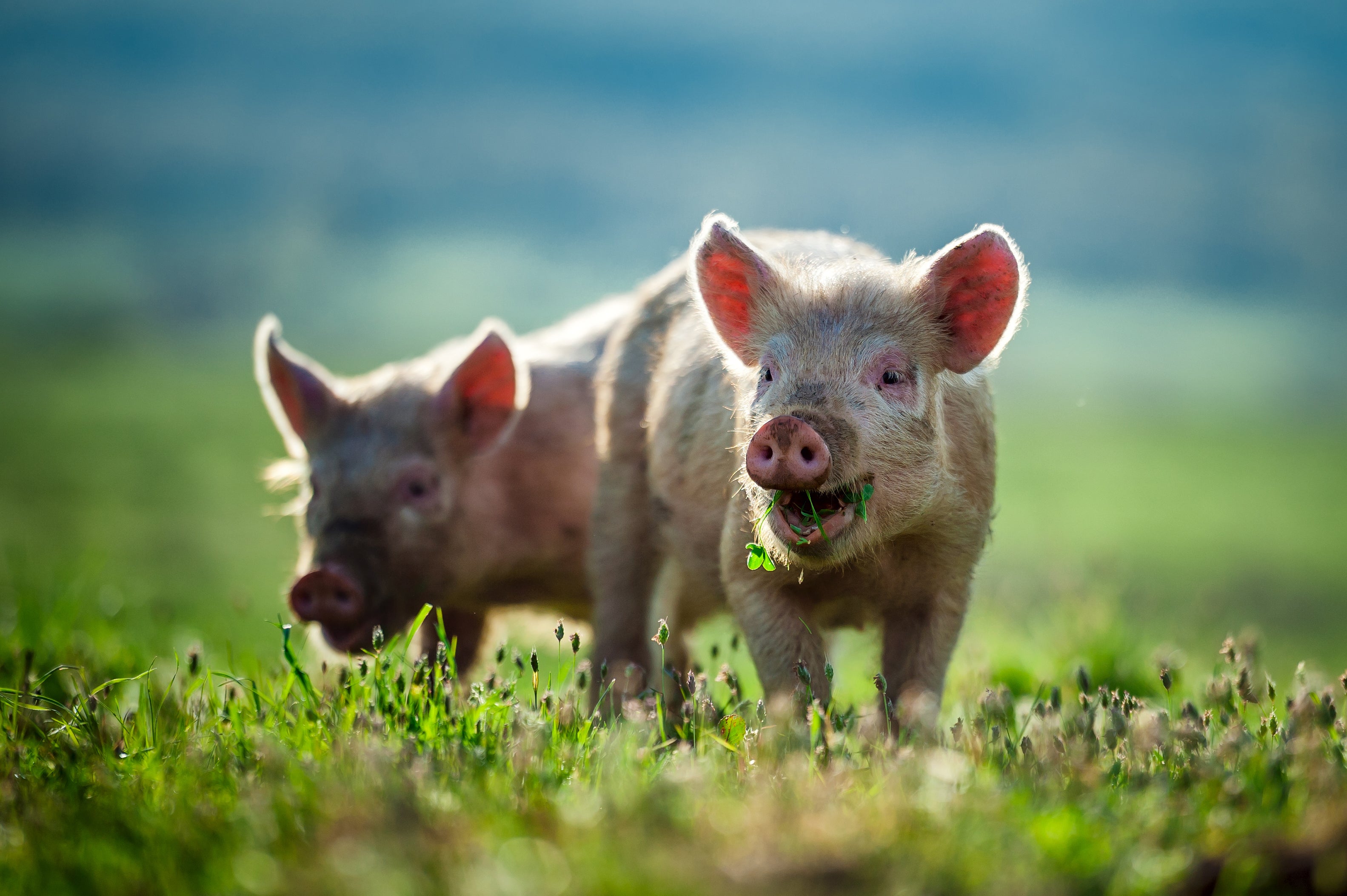What is H1N2? First case of rare swine flu strain passed to a human
‘Be vigilant,’ expert warns public as he reveals most common symptoms

Your support helps us to tell the story
From reproductive rights to climate change to Big Tech, The Independent is on the ground when the story is developing. Whether it's investigating the financials of Elon Musk's pro-Trump PAC or producing our latest documentary, 'The A Word', which shines a light on the American women fighting for reproductive rights, we know how important it is to parse out the facts from the messaging.
At such a critical moment in US history, we need reporters on the ground. Your donation allows us to keep sending journalists to speak to both sides of the story.
The Independent is trusted by Americans across the entire political spectrum. And unlike many other quality news outlets, we choose not to lock Americans out of our reporting and analysis with paywalls. We believe quality journalism should be available to everyone, paid for by those who can afford it.
Your support makes all the difference.The UK’s first human case of swine flu strain H1N2 has been detected, the UK Health Security Agency (UKHSA) has announced.
The strain of influenza, called H1N2, is similar to flu viruses circulating in pigs in the UK, but this is the first detection of this strain of flu in a human in the UK.
There have been 50 human cases of influenza A(H1N2)v reported globally since 2005, the UKHSA said.
However, the new strain differs from these cases, but is similar to viruses found in UK pigs.
Here’s everything we know on the strain:
How was it detected?
The case was picked up through routine national flu surveillance by UKHSA and the Royal College Of GPs.
An unidentified individual from north Yorkshire was tested by a GP after suffering from respiratory problems.
The person, who is not known to have worked with pigs, experienced a “mild illness” and has since fully recovered.
The source of the infection remains unknown and under investigation.

Is it the same as swine flu?
Swine flu is usually caused by three subtypes - H1N1, H1N2 and H3N2. They occasionally infect humans, usually after direct or indirect exposure to pigs or contaminated environments.
The strain which caused the 2009 pandemic - influenza A H1N1(pdm09) - now circulates in humans seasonally and is different from the viruses currently circulating in pigs today.
What are the symptoms?
Head of primary care and public health at Imperial College London, Professor Azeem Majeed, said the symptoms of swine flu “will be similar to those of other flu viruses”.
He said: “Symptoms can include a high temperature, feeling shivery, cough, sore throat, a runny nose, muscle aches, headache, and tiredness. Diarrhoea and vomiting can also occasionally occur.
Prof Majeed added: “In more severe cases, infected people can also develop secondary infections such pneumonia and symptoms such as shortness of breath. Flu can also exacerbate people’s existing medical problems such as chronic lung disease or heart disease.”
What should you do if you have symptoms?
The UKHSA’s advice for all respiratory symptoms remains the same - avoid contact with other people while they persist, particularly if they are old or have existing medical conditions.
“It’s important for people with symptoms of flu to take precautions to protect others such as working from home and to seek medical advice if their symptoms worsen,” Prof Majeed said.
“I would rate the risks of a large outbreak of swine flu in the UK as low although sporadic cases may continue to occur. People should be vigilant but not become overanxious.”
Join our commenting forum
Join thought-provoking conversations, follow other Independent readers and see their replies
Comments